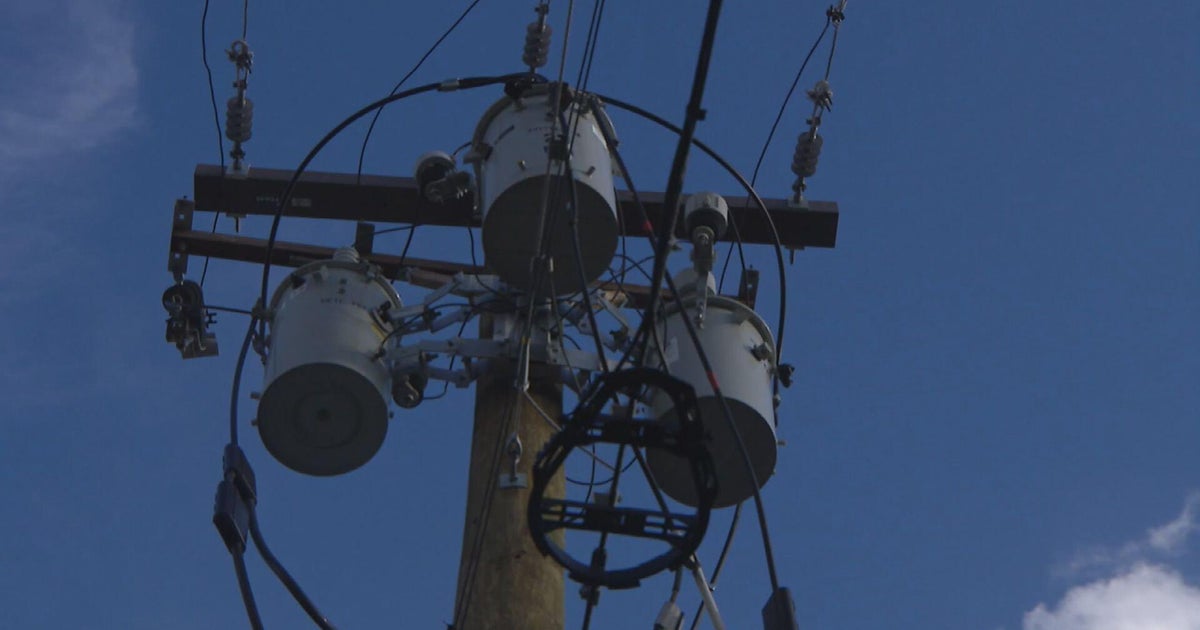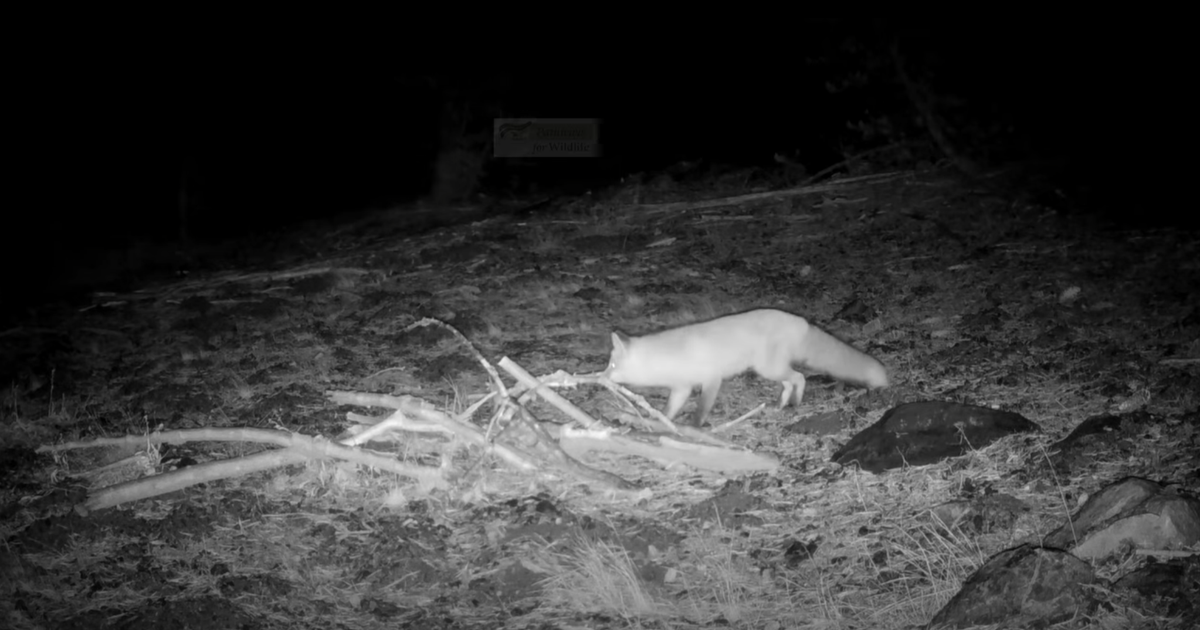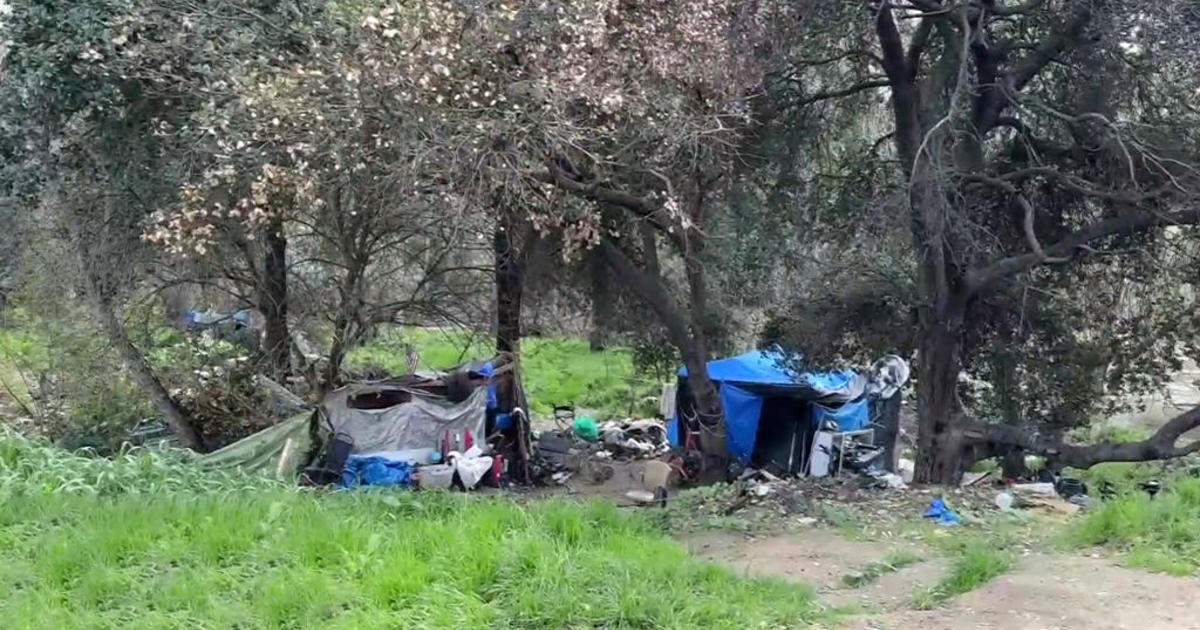Cicada invasion coming to Illinois: What you need to know
CHICAGO (CBS) -- Soon the Chicago area will be swarming with millions, if not billions, of noisy cicadas, thanks to a dual emergence that hasn't been seen in more than 200 years.
This spring, for the first time since 1803, two separate broods of cicadas will emerge simultaneously. One group emerges from their underground burrows every 13 years; the other emerges every 17 years.
When will cicadas come out?
Both broods are expected to emerge when the ground warms up in late April or mid-May in Illinois and Indiana, while several other states will see cicadas from only one of the two broods. Experts estimate more than a trillion cicadas will emerge nationwide.
"No matter where you go in Illinois, it's going to be hard to escape the cicadas," said Catherine Dana, a cicada expert with the Illinois Natural History Survey at the University of Illinois at Urbana-Champaign.
Cicada season's telltale sign is the noise – the males produce loud buzzing sounds that, according to Orkin pest control company, are primarily used to attract mates.
While most of Illinois will see cicadas emerge this spring, the emergence will be particularly heavy in areas with older stands of trees.
Mapping Illinois cicadas
"The best way to know if you're going to be in one of those really dense areas is to look at some of the maps that they have online," Dana said.
The University of Connecticut has a map of the cicada brood areas online. The Cicada Safari app also allows users to record where they see cicadas coming out, and see where others have spotted them.
Other than the noise, the biggest impacts from cicadas are soil aeration from the insects burrowing out of the ground and some minor damage to plants as they feed.
"They have a straw-like proboscis, so all they're doing is drinking some plant juices. They really don't do much damage to the plants themselves," Dana said.
However, if you're planning to plant young fruit trees this year, you should cover them with netting once cicadas emerge.
Dana said the cicadas also will end up serving as fertilizer once they die off and begin rotting and will provide nutrients to trees and plants.








